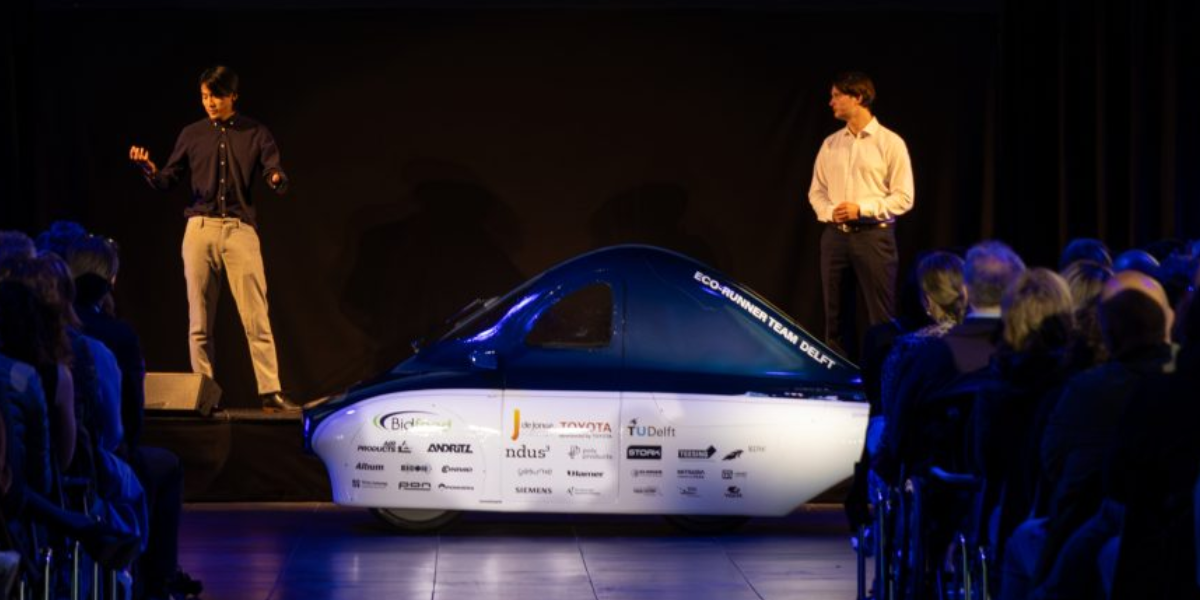Battery innovations and demonstrations at Rematec Amsterdam

Among the many topics that will be discussed during Rematec Amsterdam 2023, one of the most anticipated is the remanufacturing of batteries for BEVs (Battery Electric Vehicles). Rematec Battery Corner is organised with Fraunhofer Research Institute, Bayreuth University, and sponsored by Stellantis. The main focus lies in recycling batteries, which means extending the life of the product or component. Rematec Battery Corner refers to a specific area dedicated to batteries and related products in the remanufacturing industry. The Battery Corner features exhibitors, presentations, and discussions specifically centred around battery remanufacturing, recycling, and related topics, serving as a platform for networking, knowledge sharing, and exploring innovative solutions in the battery remanufacturing.
Remanufacturing of lithium-ion batteries
At Rematec Amsterdam 2023 Gregor Ohnemüller, a Research Assistant at the Chair of Manufacturing and Remanufacturing Technology at the University of Bayreuth, Germany, will focus his work on the circular economy with a special emphasis on remanufacturing of lithium-ion batteries. Batteries often contain hazardous materials, including heavy metals and toxic chemicals. Remanufacturing batteries ensures the safe management and treatment of these materials, preventing their release into the environment. By reducing the environmental impact, recycling batteries helps protect natural resources and promotes sustainable practices, requiring less energy compared to the extraction and production of new materials. This process involves the collection, sorting, and treatment of used batteries, followed by the recovery of valuable metals through various techniques such as smelting or hydrometallurgy.
Using recycled materials instead of virgin resources can significantly reduce energy consumption and associated greenhouse gas emissions, contributing to a more energy-efficient and sustainable approach. Remanufacturing of lithium-ion batteries is a process that involves refurbishing and remanufacturing used batteries to extend their lifespan and restore their performance. Rather than disposing of the batteries or recycling them, remanufacturing aims to extract additional value from the existing battery packs. The first step is to collect used batteries from various sources, such as battery electric vehicles (BEVs), consumer electronics, or renewable energy storage systems. These batteries may have reached the end of their original use cycle or have decreased performance. The collected batteries undergo sorting and evaluation to determine their condition and suitability for remanufacturing. This step involves assessing factors like capacity, voltage, internal resistance, and physical integrity. In the disassembly stage, the battery packs are carefully taken apart to access individual cells and other components. This process requires specialized tools and expertise to ensure safety and prevent damage.
Each battery cell is tested to evaluate its capacity, internal resistance, and overall health. Cells that meet the required performance criteria are selected for further use, while damaged or degraded cells are set aside for recycling. The selected cells undergo a reconditioning process to restore their performance and capacity. This can involve various techniques such as controlled cycling, balancing, or rejuvenation methods. After remanufacturing the individual cells, they are reassembled into battery packs. This step involves reconnecting the cells in the appropriate configuration, integrating control circuitry, and ensuring proper insulation and safety measures. The remanufactured battery packs undergo rigorous quality testing to ensure they meet the required specifications and safety standards. This includes performance evaluation, thermal testing, safety checks, and other relevant assessments. Once the remanufactured battery packs pass the quality tests, they can be reintroduced to the market for various applications. Remanufacturing lithium-ion batteries helps reduce the demand for new battery production, conserves resources, and minimizes environmental impact.
Circular Economy
Remanufacturing batteries aligns with the principles of a circular economy, which emphasizes reusing, remanufacturing, and recovering materials from products. By integrating battery recycling into a circular economy framework, the lifespan of batteries can be extended through multiple cycles of use and recycling. This approach helps to create a closed-loop system, reducing waste generation, conserving resources, and promoting sustainable and efficient use of materials.
Battery remanufacturing requires expertise in technology, electrical systems, and safety procedures. Additionally, the process may involve collaboration with battery manufacturers, automotive companies, and remanufacturing facilities to ensure compliance with regulations and standards.
Share your remanufacturing stories with us
Do you have an innovation, research results or an other interesting topic you would like to share with the remanufacturing industry? The Rematec website and social media channels are a great platform to showcase your stories!
Please contact our Brand Marketing Manager.
Are you an Rematec exhibitor?
Make sure you add your latest press releases to your Company Profile in the Exhibitor Portal for free exposure.


